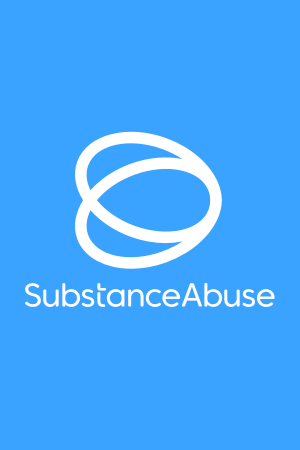Dual Diagnosis: When Addiction Overlaps with Mental Illness


When people have an addiction, they often have other disorders as well. Sometimes these are physical and sometimes they are mental. These are called co-occurring conditions and being diagnosed with them is called a dual diagnosis, a term that is primarily used for addiction coupled with mental illness.
People who cope with co-occurring or comorbid disorders are advised to enter dual diagnosis rehab programs because all the conditions they are dealing with have an impact on each other. Therefore, all of them need to be treated simultaneously. Further, patients in rehab who are coping with a mental illness on top of addiction face some challenges that other patients without these additional issues do not.
If you have an addiction and a diagnosed mental illness there are multiple resources available to you. Both inpatient programs and outpatient rehabs can offer you the support that you need.
Are Co-Occurring Mental Disorders and Substance Abuse Common?
If you are dealing with both an addiction and a mental illness, you are not alone at all. The relationship between the two and the prevalence of having both has been charted in several national population studies for more than 25 years.
People with anxiety or mood disorders, like bipolar and depression, are two times more likely than the general population to also suffer from a substance use disorder. The reverse is true as well. Those with substance use disorders are two times more likely to have an anxiety or mood disorder. This is also the case for people with conduct and antisocial personality disorders. This is called “shared vulnerability.”
Does Addiction Cause Mental Illness?
The answer to this question is complicated because addiction does cause mental illness in some instances, but not in all of them. There are three schools of thought regarding which condition causes the other.
- Substances cause users to feel one or more symptoms of a mental illness. People who use meth can develop amphetamine psychosis, for example.
- Mental illnesses cause drug abuse. People who are suffering from a mental illness, whether it is overt or not, may use substances to treat themselves.
- Both conditions are caused by factors that the pair share. For instance, early exposure to trauma, genetic influences, and underlying brain deficits can lead to both conditions.
What Challenges Do People with a Mental Illness Face in Rehab?
The type of obstacles a person with a mental illness faces in substance abuse treatment relates directly to the mental illness they have and whether or not the rehab is equipped to identify the symptoms.
One of the primary challenges for many rehab patients who have a mental illness is separating the symptoms of one issue from the symptoms of another. Patients who abuse stimulants can experience profound dysphoria marked by depression and negative thoughts and feelings when they go through withdrawal. This can grow so severe that is results in suicidal thoughts or attempts. A patient with severe clinical depression also experiences these symptoms. Patients who have not been diagnosed with depression may simply have short-term treatment for the symptoms during detox and may not continue getting the ongoing treatment that they need. In these instances, persistent depression can erode a patient’s focus, motivation, retention in rehab.
In fact, commonly, the symptoms associated with mental illness can directly impair a patient’s ability to participate in treatment interventions. If the illness remains untreated, a patient is practically doomed to fail. As in the previous paragraph, depression can undermine rehab. But, so can something like attention deficit hyperactivity disorder, which can prevent a patient from sitting quietly in group activities and focusing on what is being said. That renders support group meetings and group therapy valueless. A patient with severe anxiety may find their mind regularly racing with thoughts of failure and disaster, making them think the entire undertaking is hopeless.
Rehab success depends upon patient engagement and retention. Mental illness challenges both. The stress of the symptoms associated with a mental condition can make engaging to the degree needed an unfeasible undertaking. Whereas, other symptoms can make continuing with treatment unbearable or make patients believe they are doomed to disappoint.
These challenges highlight the importance of a dual diagnosis program that can successfully diagnose multiple conditions and treat them. Ask the treatment facility if they offer specialized care for your particular mental health disorder, and increase your chances at a successful recovery.


